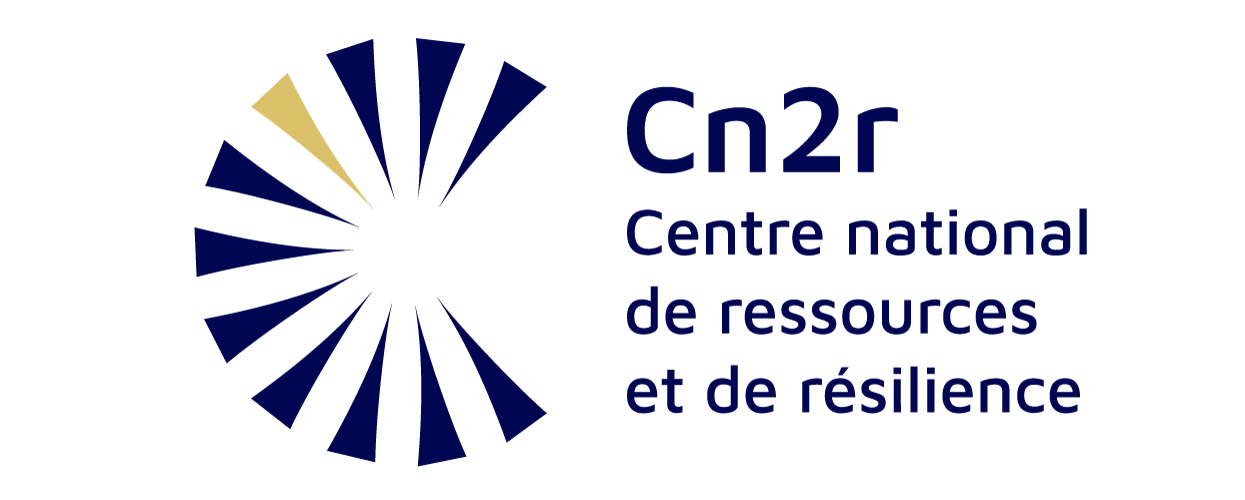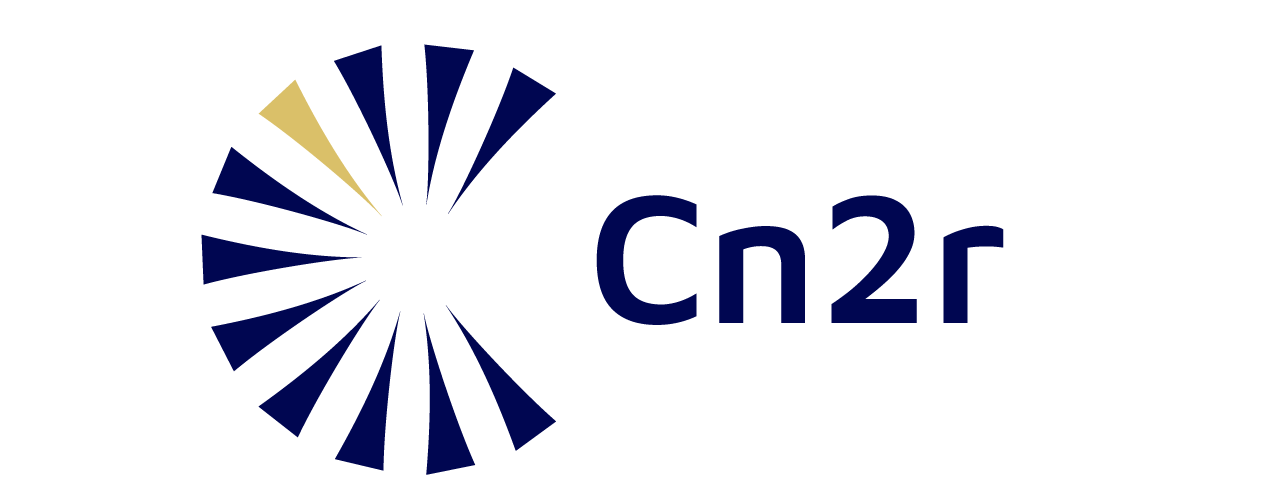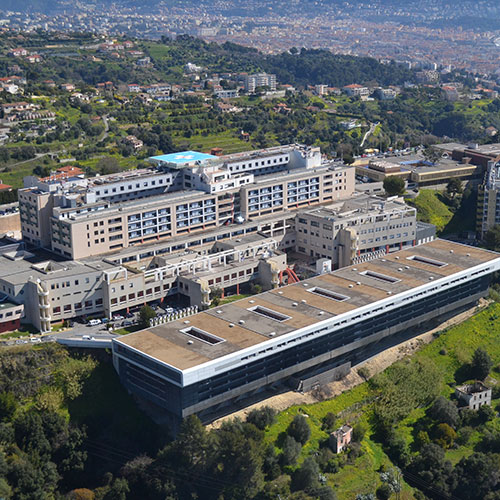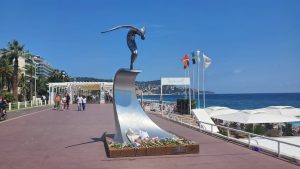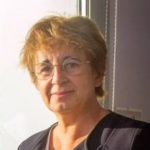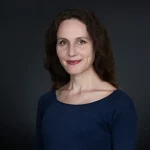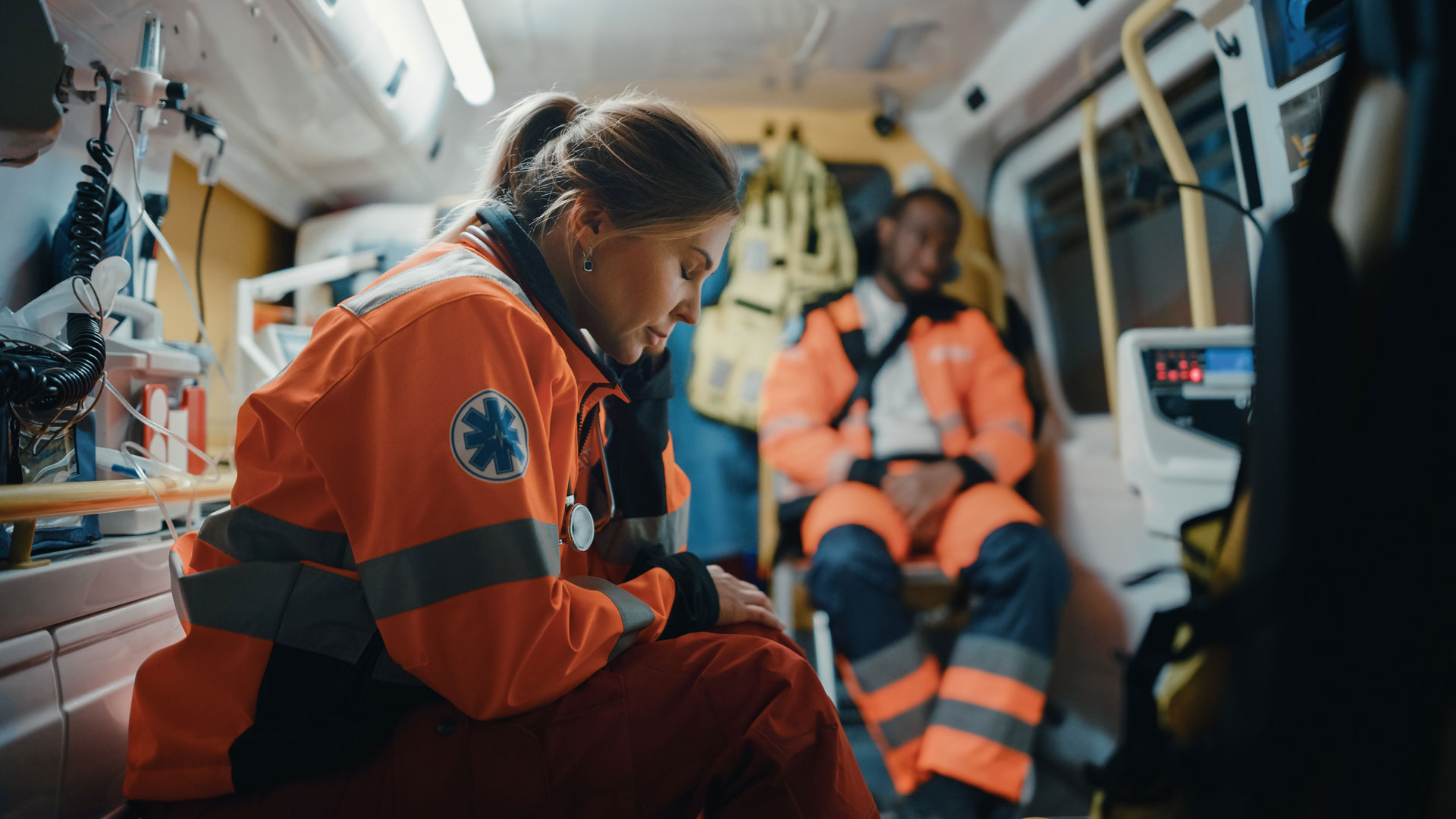The Nice attack on July 14, 2016 left 86 people of 19 different nationalities dead and nearly 500 injured. That evening, nearly 30,000 people came to watch the fireworks in France's second most popular tourist city. The attack was also the first in France to affect so many children, as it targeted families and friendly groups who had come to enjoy the show.
Six years after the event, the trial begins in Paris on September 5, 2022. It is scheduled to last almost four months. The first objective of a trial is always judicial. It's an important step for those involved, and one that helps to restore the importance of each individual story. However, the trial can also reactivate painful memories. There are ways to take care of your mental health and that of your loved ones.
